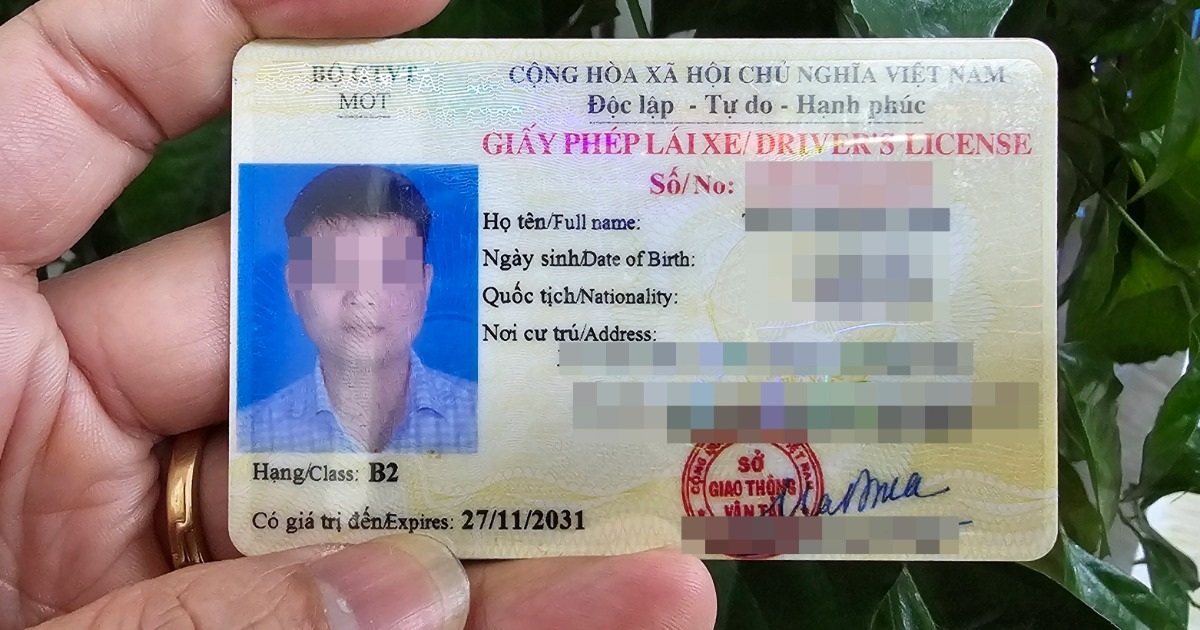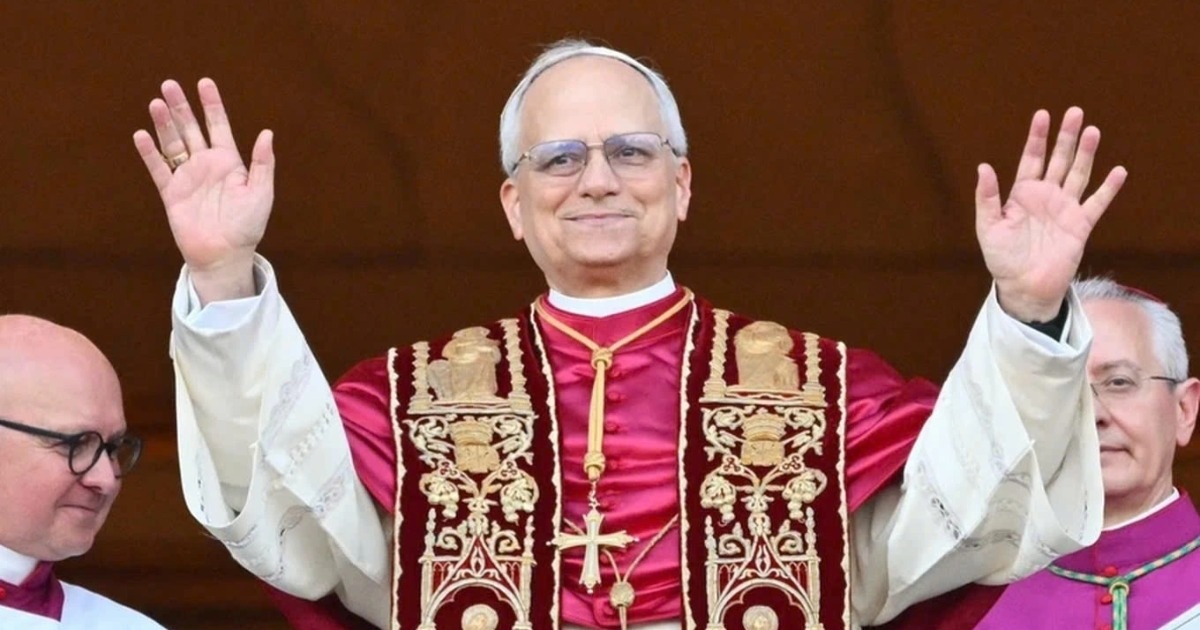At the closing session of the 11th Central Committee of the 13th Party Congress on April 12th, General Secretary Tô Lâm announced the Central Committee’s unified stance on local government organization at both the provincial (province and centrally-administered city) and communal (village, ward, and special district under province/city) levels.
Eliminating the District Level; Reducing Communal Units by 60-70%
Following the amendment of the Constitution, the Central Committee has unified the number of provincial administrative units to 34 provinces and cities (28 provinces and 6 centrally-administered cities), with their names and administrative centers determined according to the principles outlined in the submitted documents and plans.
The decision to end the operation of the district-level administrative unit, following the National Assembly’s decision to amend the 2013 Constitution and the 2025 Local Government Organization Law (amended), has also been endorsed by the Central Committee.
According to the General Secretary, the Central Committee has agreed that the number of communal administrative units nationwide will decrease by approximately 60-70% after the merger, compared to the current figures.
The Central Committee also agreed to establish party organizations at the provincial and communal levels; and to end the operations of district-level party organizations. The establishment of local party organizations will adhere to the Party Charter and Central Committee regulations.
The new administrative structure will see provinces acting as implementers of central policies and as issuers of provincial policies, directly guiding and managing communal activities within their jurisdictions.
Communal units will primarily implement central and provincial policies. They will have increased devolved powers and authority to issue legal documents for implementing laws within their jurisdictions and to make decisions within their respective powers.
General Secretary Tô Lâm stated that the Central Committee, at this meeting, endorsed streamlining and merging of the Vietnam Fatherland Front, political and social organizations, and mass organizations overseen by the Party and State at the central, provincial, and communal levels, as outlined in the documents and plans from the Vietnam Fatherland Front Central Committee and related central organizations.
Furthermore, the Central Committee resolved to end the operation of civil servant unions and armed forces unions, and to reduce union dues for civil servants and workers.
The Central Committee also agreed to continue streamlining the People’s Courts and the People’s Procuracy; ending the operations of higher and district-level courts and procuratorates.
The established framework for the People’s Courts and the People’s Procuracy will comprise three tiers: the Supreme People’s Court and Procuracy; provincial/city-level courts and procuratorates; and regional courts and procuratorates (the military court and procuracy systems will remain as currently structured).
Unprecedented Strategic Decision
The Central Committee has agreed to amend the Constitution and relevant laws to serve the reorganization of the political system’s structure; and concerning the Vietnam Fatherland Front and political and social organizations.
This task needs to be completed by June 30th and be effective from July 1st.
The Central Committee has requested the establishment of a transition period to ensure smooth and uninterrupted operations, aligning with the planned schedule for the reorganization and merger.
Additionally, the Central Committee has required close coordination between the National Assembly, the Government, and relevant agencies to effectively implement the tasks of legal improvement.
The General Secretary emphasized the need for intensive efforts to successfully complete these tasks, to significantly transform thinking and approaches, and to remove all bureaucratic obstacles by 2025, creating a legal foundation for development. He urged a thorough dismantling of obstacles and impediments. He emphasized the need for a thorough dismantling of bureaucratic obstacles. He emphasized the need to promote decentralization and devolution of power in conjunction with streamlining the bureaucracy to create a new development environment for localities and the nation.
“The formulation and implementation of laws and policies must adhere to Party leadership, closely monitor the practical situation, and consider the specific nature of the organizational restructuring revolution, to avoid situations where delays occur due to awaiting laws and mechanisms,” the General Secretary emphasized.
He also highlighted the need to create a transparent, clear, safe, and low-cost business environment, to decisively address all bureaucratic bottlenecks and transform them into competitive advantages, and to position Vietnam as a leader in administrative reform and innovation.
According to General Secretary Tô Lâm, the Central Committee believes that further restructuring of the political system is an unprecedented strategic decision, aimed at achieving rapid, stable, and sustainable national development. This initiative also seeks to better serve the people, streamline the government, and transition from passive management to proactive service for the people.
“The reorganization of local administrative units is based on scientific, groundbreaking, and creative principles, taking into account practical conditions, a long-term vision of at least 100 years, and ensuring the formation and expansion of new economic, social, and cultural development spaces suitable for national development,” the General Secretary emphasized.
He required local authorities after the reorganization to ensure efficiency, proximity to the people, and compliance with modern social management requirements, to achieve rapid and sustainable growth goals, to prepare the conditions for national defense, security, and foreign affairs, and to create momentum and motivation for economic development, especially by promoting private enterprise and accelerating scientific and technological advancements and innovation.
The restructuring of the Vietnam Fatherland Front and other political and social organizations and mass organizations tasked by the Party and State must be truly streamlined, avoiding duplication of functions and tasks, refraining from bureaucratization, and emphasizing local engagement, proximity to the people, and serving the people in accordance with the principle of “people-centered approach.” These organizations must truly act as an extension of the Party’s reach to every household and individual, safeguarding the legitimate rights and interests of members and the people.
The General Secretary also emphasized the principle of unified Party leadership in building the organizational structure, personnel management, and the political system’s cadre pool. He called for the continued improvement and implementation of comprehensive and close personnel policies at all levels, sectors, and localities, based on openness, transparency, stronger control of power, and the connection between power and individual responsibility. Additionally, he emphasized identifying and implementing preventive measures, and the firm handling of corruption, waste, negative behaviors, factionalism, and pursuit of positions, as well as the handling of public assets during the reorganization process.



